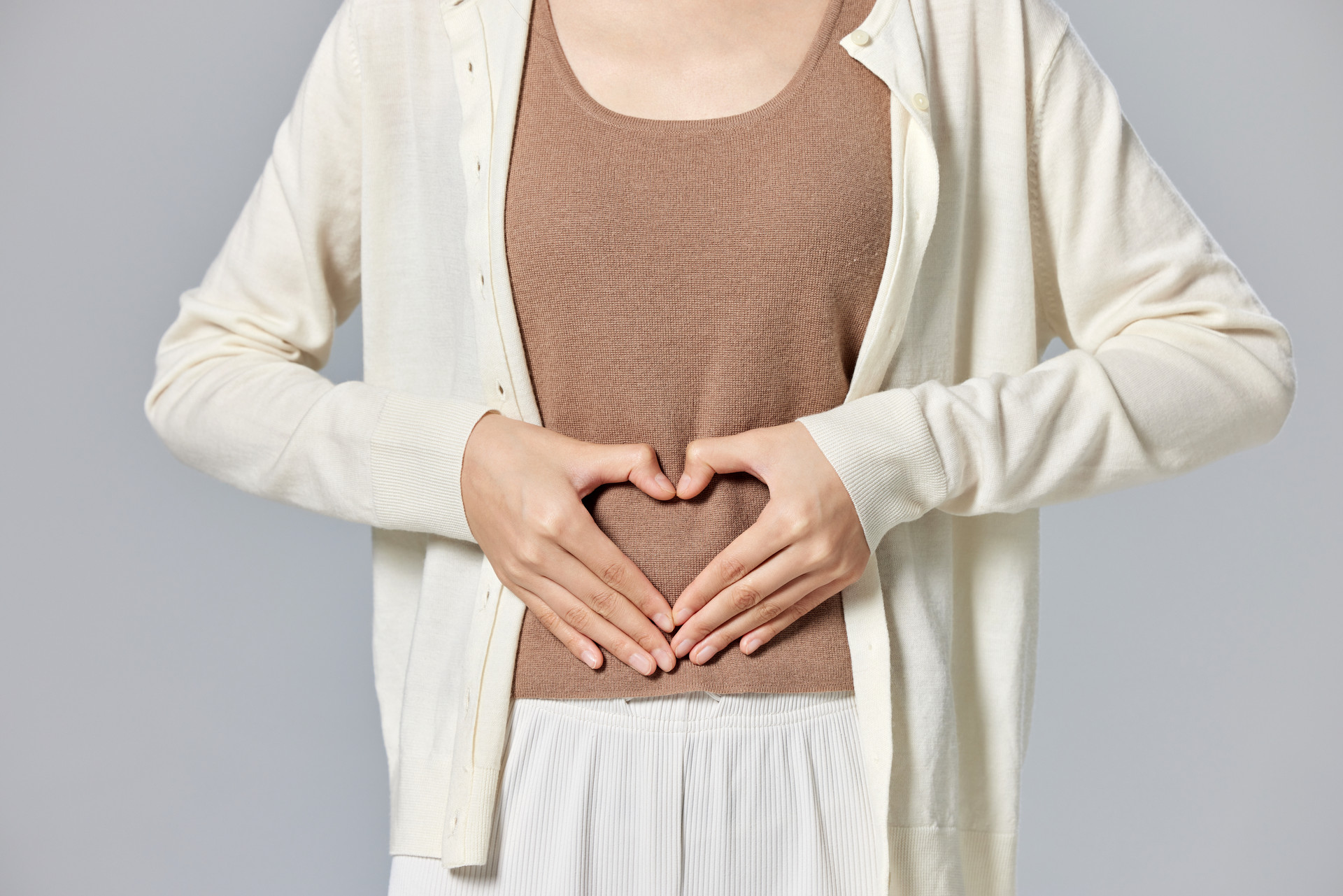Menstruation is a special physiological phenomenon for women, and people commonly refer to it as "Aunt Flo". Aunt Flo and sanitary pads have a deep friendship and are inseparable. Sanitary pads are indispensable during a woman's menstrual period, but many women do not pay much attention to the selection, usage, and storage of sanitary pads, which can affect their health. Let's take a look at six bad habits and see if you're affected.
Bad Habit 1: Hoarding sanitary pads and storing them in the bathroom
Some women like to stock up on sanitary pads during sales and gradually use them at home. However, just like food, sanitary pads also have an expiration date. The closer the pads are to the production date, the better the quality. Since they are sterilized by high-temperature methods to achieve sterility, their one-time sterilization and disinfection effectiveness is limited, and they cannot guarantee sterility after the expiration date. Therefore, when using sanitary pads, pay attention to the expiration date. Don't buy too many at once, and avoid keeping them at home for a long time. Especially in humid weather in the southern regions, if they are not used up quickly, they can easily become moldy or contaminated. Experts suggest that women should generally buy enough pads for one or two menstrual cycles to keep at home.
Bad Habit 2: Storing sanitary pads in the bathroom
Some women store their sanitary pads in the bathroom storage cabinet for convenience. Compared to other rooms in the house, the bathroom is the most humid, and in some households, the bathroom may not see sunlight all day. Little do they know, once sanitary pads get damp, bacteria are more likely to invade. After opening the package, sanitary pads should be stored in a dry and clean place. Once they are damp, they should not be used again to avoid compromising health.
Bad Habit 3: Preferring to use medicated sanitary pads
Many medicated sanitary pads on the market claim to have antibacterial, anti-itch, pain relief, and pH balancing effects. However, experts point out that if a woman actually has gynecological diseases, these sanitary pads cannot provide any therapeutic effects. For women without diseases, using these pads cannot prevent the occurrence of diseases either.
Some medicated sanitary pads may disrupt the pH balance of the intimate area, cause imbalance in the vaginal flora, weaken the self-immune and cleansing functions, and make it more susceptible to bacterial infections. Women with sensitive skin should be especially cautious in using medicated sanitary pads, as they can cause skin allergies and itching. It is best for sensitive individuals to choose soft and comfortable cotton sanitary pads with minimal skin irritation.
Bad Habit 4: Using panty liners during the menstrual period
Many women use panty liners when they have light menstrual flow. The external genitalia of women need a breathable, dry, and clean environment to maintain health. No matter how much panty liners are advertised for their high breathability and comfort, the bottom layer is still made of a plastic film, which is not breathable. Prolonged use can increase the humidity and temperature of the external genitalia, creating conditions for the growth of bacteria and fungi, disrupting the pH balance of the vagina, and easily triggering vaginitis. This situation is even more pronounced in summer or during the humid and hot rainy season in the southern regions. Experts recommend using panty liners occasionally, but not every day. If using panty liners, they should be changed frequently to keep dryness.
Bad Habit 5: Preferring high-absorbency sanitary pads
Using high-absorbency sanitary pads has its advantages. It prevents leakage when it is not convenient to change them frequently due to heavy menstrual flow. Therefore, high-absorbency sanitary pads are popular. However, some women, once they start using high-absorbency sanitary pads, become "lazy" and do not change them for a long time, which can result in poor ventilation in the area, allowing bacteria to proliferate and leading to various gynecological diseases. Even if you prefer high-absorbency sanitary pads, don't forget to change them every two hours or so.
Bad Habit 6: Not washing hands before changing sanitary pads
We all know we should wash our hands before meals and after using the bathroom, but it's also a good idea to wash hands before changing sanitary pads. The process of opening, smoothing, and sticking the pads with our hands can transfer germs onto the sanitary pads. Sanitary pads directly contact the female external genitalia, and during the menstrual period when women have lower immunity, a little negligence can increase the chances of gynecological diseases.






